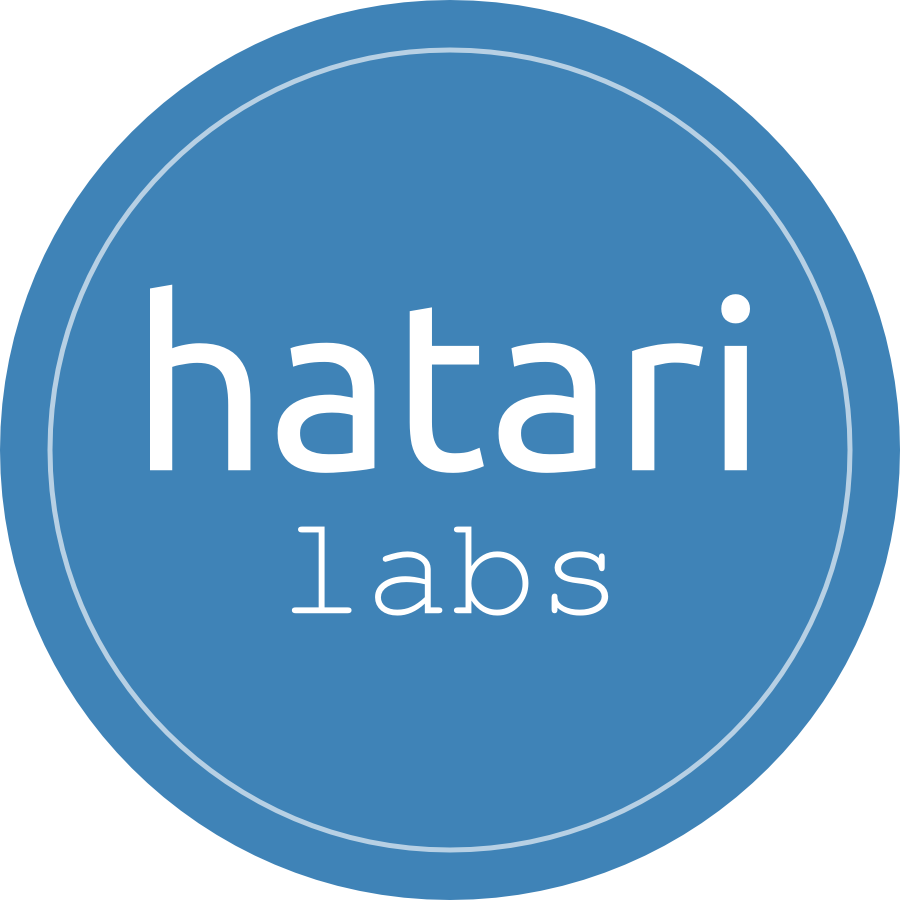The soft and hard courses every Applied Hydrogeology Master Program should have
/There is not clear perception about when you become hydrogeologist; according to one teacher a you become hydrogeologist after years of experience, however not for being drilling wells and making borelogs for years you become hydrogeologist. It’s true that to become hydrogeologist takes a while because hydrogeology its complex since it tries to study the part of the nature that you don’t see: the presence and flow of water below the ground.
There isn’t as well a clear definition of applied hydrogeology, that following the literal meaning should be the hydrogeology in practice. We like the definition of applied hydrogeology as the real world hydrogeology, as the hydrogeology of non-homogeneous, non-infinite, non-isotropic and even non-porous media; applied hydrogeology is the hydrogeology that goes behind the book, far away from the “aquifer, aquitard, aquiclude” classification. Applied hydrogeology is the part of hydrogeology that solve problems, the science that tells us if the groundwater remediation will work, if a industrial complex will have water on the coming decade, or when the salinitization from the pumping well will overcome the reverse osmosis plant capacity.
It is important to mention that we haven’t done an intensive research on the course content of many applied hydrogeology master's programs. In fact we haven’t reviewed anyone, and that was main purpose of this list because it is not biased by what we have seen, and reflects entirely what we believe should be the soft and hard courses that every applied hydrogeology master’s program should have.
Hard courses
Engineers and scientists love mathematics, and maths don’t change with time, one plus one will two for the rest of eternity and this type of facts give some level of trust to hydrogeologist since they prefer to make deterministic analysis and put numbers to everything.
On the list of hard course for a master program we have included topics of data processing and numerical modeling which are oriented to characterize groundwater flow and quality on a quantitative way. Course content are based on open source software, since nobody want students to be slave of a licence to use and apply the tools they learned on their master degree.
The proposed courses are:
Hydrogeological data processing with Python and QGIS
In order to understand surface and groundwater flow and their interaction spatially and temporally we need higher tools for the data analysis. The course should include practical exercises on a regional scale to process piezometric levels, precipitation rates, land cover, elevation models and many other data relevant to the characterization of groundwater flow and groundwater quality.
Groundwater modeling with Modflow and Model Muse
A long as we know MODFLOW with Model Muse is a great couple of computational code plus graphical user interface with a range of applications from groundwater modeling learning to develop complete solutions in groundwater modeling. Both softwares have been under tremendous development and maintenance by the USGS that keep a interesting rate of new features on every release, just recently there was the option to create unstructured grids of MODFLOW 6 in Model Muse 4.
Applied groundwater modeling with Modflow and Model Muse
Nobody can expect that only a course in Modflow will be enough to have a proficiency in groundwater modeling. This course is intended to give the student the experience of modeling real cases of regional flow, surface-groundwater interaction, mining impact, groundwater feasibility. This course need to have a strong focus on model calibration / validation on steady and transient conditions.
Contaminant transport modeling with Modflow and Mt3d
We have seen that on a wide perspective, hydrogeological evaluations are related mostly to groundwater flow since the baseline is bigger and the modeling work is shorter; however, sustainability of water resources need to be analyzed on the quality (transport) and quantity (flow) aspects. Contaminant transport modeling needs it own dedication and the realization of practical exercises of contaminant plume modeling, transport modeling calibration and remediation techniques simulation.
Soft courses
Becauses there is the day and the night, and the ying and yang, no applied hydrogeology can be applied if we don’t take into account the human factor, if we don’t understand how people behave, how people think and most importantly: how people make decisions. An hydrogeological evaluation can live forever on al library if the stakeholders haven’t appropriated the main concepts of the evaluation.
The soft courses are as important as the hard courses and they never can be evaluated without the other. Hydrogeological education is like a creative process where we paint with “soft course” brushes and “hard course” brushes.
Applied aquifer sustainability
This course is based on groundwater models, and specifical demands from the population, industry and ecosystem. The course has the objective to develop the capabilities to analyze the groundwater budget and weight the actual and future demands and develop goals based not only on pumping rates, inflow reduction, seepage mitigation but also on increase in living conditions, level of restoration and people perception.
Concept appropriation and conflict management
Policies are not elaborated and aquifers are not preserved because people don’t have a clear idea about what is the current and future situation of the groundwater resources and how relevant this is for the living conditions. It could be that aquifers are long studied, but not much can be done if stakeholder and normal audience don’t appropriate the main ideas from the evaluation. In this atmosphere of hydrogeological ignorance, conflicts are created for example: by the idea that a project might impact on a spring or wetland, since the aren’t concepts or evaluations that verify or contradict these ideas, the conflict arise unstoppable.
























